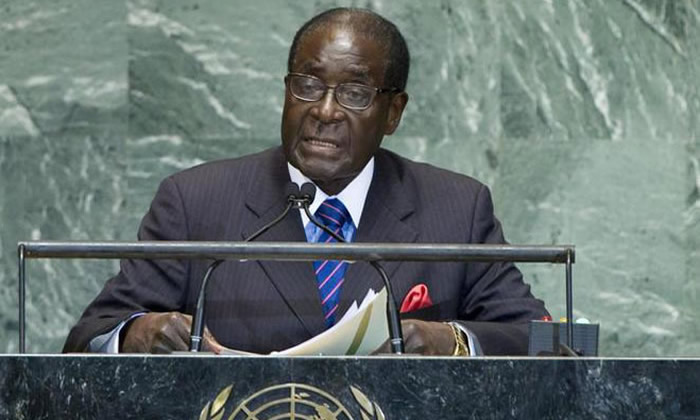Banning child, forced marriages gaining traction in Africa

Thandabantu Nhlapo Correspondent
The Zimbabwean Constitutional Court has delivered a landmark decision outlawing all marriages below the age of 18. This includes customary marriages. Predictably, the decision generated a great deal of comment and questions. There were even suggestions that the Zimbabwean decision was the first of its kind in Africa. Though inaccurate, the claim legitimately marks the issue as a regional and continental problem.
In 2015, Unicef released a report on child marriages which highlighted the scale of the problem on the continent.
The reasons for the phenomenon of child marriage are complex and include the fact that in customary law, marriageable age was never reckoned as an actual number but depended on puberty, which was the indication that the girl was now physically able to bear children.
The rights of girls and young women
The debate about the marriage of young girls has been raging for years in South Africa. It reached a new pitch after a visible spike in the abduction of girls, ostensibly for the purposes of customary marriage, in certain areas of the country.
The perpetrators claimed to be practising the custom of ukuthwala.
Typically, these abductors force themselves sexually on girls as their “brides”.
In some instances the girls are as young as between nine and 14 years old.
In many cases, this is justified on the basis that some money or other material consideration has been paid to the parents.
This is a vile distortion of the custom of ilobolo (dowry). Parents living in poverty are thus frequently complicit in this human rights violation.
In 2015, in the case of Mvumeleni Jezile vs The State, the Western Cape High Court confirmed a 22-year sentence of imprisonment against the adult abductor of a 14-year-old girl under the guise of the ukuthwala custom. The accused had been charged with several crimes arising from his actions. These included three counts of rape and one count of human trafficking, all of which the appeal tribunal upheld.
A further development in 2015 was the publication by the South African Law Reform Commission (SALRC) of its Revised Discussion Paper on Project 138: The Practice of Ukuthwala.
The Revised Discussion Paper contains a draft Bill, tentatively titled the Prohibition of Forced Marriages and Child Marriages Bill, which is being taken around the country as part of a public consultation process. The Law Commission is aiming for wide public engagements, particularly with government departments, police services, traditional leaders and rural communities. It also wants to attract commentary from NGOs, other civil society organisations, as well as religious organisations, educators and ordinary citizens.
After these steps, the Law Commission will submit a report to the Minister of Justice in the hope that the cabinet will give approval for it to be passed into law.
The Bill specifically criminalises forced marriages as well as child marriages. Both are already prohibited by the provisions of the Recognition of Customary Marriages Act. The Act has, since 1998, required not only that customary marriages be conducted only with the consent of the partners, but also that the parties should be at least 18 years old. The Bill lists the existing crimes of abduction, kidnapping, human trafficking, rape and assault as possible verdicts in such cases.
It also explicitly strips protection away from these criminal actions that might be claimed under custom or culture practices.
This points immediately to the difficult issues in this debate.
Clash of cultures
For many women’s rights activists, practices such as ukuthwala should be banned in their entirety as being generally inimical to human rights, particularly those of women and the girl child. On the other hand, cultural activists make the point that the laws of the land are already adequate to target these crimes masquerading as custom. They also argue that it seems arbitrary and discriminatory to treat crime in urban areas as such and suddenly call it “culture” when it occurs in rural areas.— Reproduced from Conversation Africa
Thandabantu Nhlapo, Emeritus Professor of Private Law, University of Cape Town






Comments